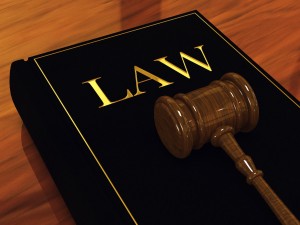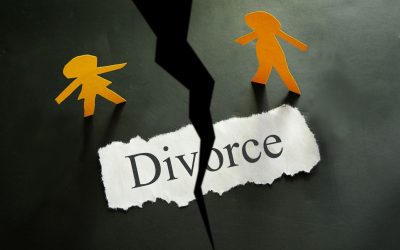Bankruptcy is an option for debtors who have been rendered unable to repay their creditors as scheduled. There are four different types of bankruptcy, each of which is outlined in the law. Each type is named according to its chapter in the bankruptcy code of the United States of America. If you are considering bankruptcy, you will need to discuss with your Bankruptcy Lawyer in Las Vegas which type of bankruptcy is best fitted to your circumstances.
Chapter 7 bankruptcies are designed for individual persons, partnerships, or corporations. This type of bankruptcy is referred to as a liquidation bankruptcy because a court appointed trustee will have the charge of auctioning off all of the debtor’s non-exempt assets. Proceeds from such a sale will be utilized to repay creditors to the greatest extent possible. Any remaining debt will thereafter be discharged.
Chapter 11 bankruptcies are very complex and are typically utilized by businesses. Under this type of bankruptcy filing a debtor may continue to run his business and maintain ownership of his assets, but will be required to work with the court to determine a repayment plan. By statute, this plan must be submitted within 120 days of filing. The purpose of the repayment plan is to extend the period of time over which creditors must be paid off. This allows for businesses, as well as individuals, to work their way out of their debt in a more manageable manner without having to liquidate their assets.
Chapter 12 bankruptcies are expressly for those who are family farmers. The definition of a family farmer is carefully outlined in statute, so a person, partnership, or corporation must fall within the legal definition of a family farmer in order to file. In this type of bankruptcy the debtor is able to retain and control his assets, but will work with his Bankruptcy Lawyer in Las Vegas to devise a repayment plan that is acceptable to his creditors and the court.
The final type of bankruptcy is chapter 13 bankruptcy. This is similar to Chapter 11 bankruptcy, but is designed specifically for individual persons. Within this type of bankruptcy the debtor will retain ownership and control of his assets. As with other types of bankruptcy, he will have to work with his Bankruptcy Lawyer in Las Vegas and his creditors to work out a three to five year repayment plan. Under chapter 13, some debts may be discharged. The amount of which is determined by the debtor’s income. Chapter 13 also sets limits on the total sum of debt that can be involved in the filing.



